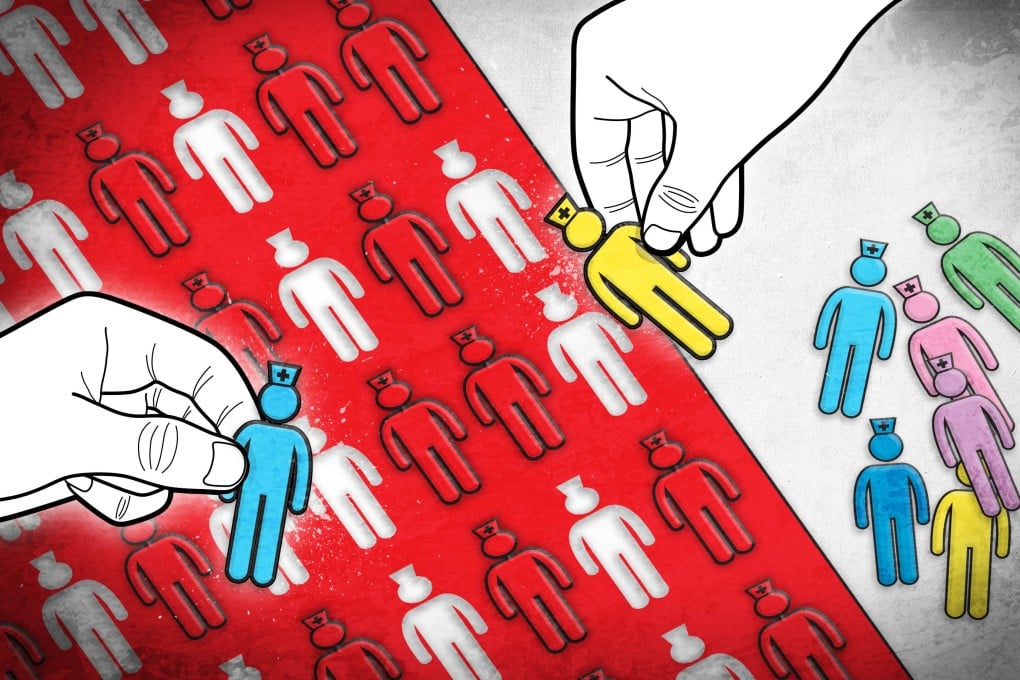New research shows the connection between adverse childhood experiences (ACEs), such as physical or emotional abuse, and an increased risk of people growing up to be abusive against older generations. While generational trauma is known to be passed down from parent to child, the study showed that it can also reverberate upwards from parent to older generations. The study is published in JAMA Network Open .
A survey of over 13,000 people in Japan found that about half had one or more ACEs. Of these, 8.5% self-reported committing some form of physical or verbal abuse against people aged over 65.
An important contributing factor was the person's mental and physical health, both of which are known to be affected by ACEs. By better understanding the causes of intergenerational violence , researchers hope to develop guidelines and support to help people break the chain. You may have heard the old saying "spare the rod, spoil the child.
" However, much to the contrary, studies have shown that subjecting children to physical punishment or abuse, emotional abuse , neglect or household dysfunction has long-lasting negative effects on their physical and mental health . Referred to as adverse childhood experiences, this abuse can lead to a self-perpetuating cycle. Later, the children of parents subjected to ACEs are more likely to experience some form of abuse or neglect too.
While ACEs are known to increase the risk of generational violence being passed down, a new study by a team includ.


















